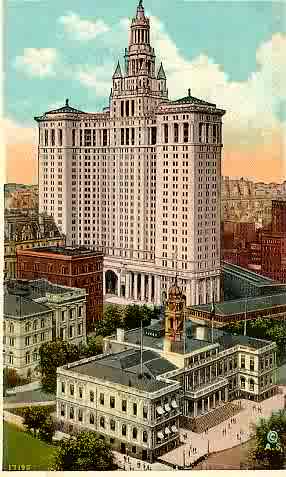This blog was intended to be a little bit useful and a little bit amusing, but since my father's illness, that's not the way it has gone.
He was brought down by the mistakes of his doctors, whom he trusted. They prescribed powerful drugs, too powerful, more powerful than an eighty-two year old could handle. They didn't warn him of side effects, passed the buck about how he landed in the hospital, and now won't return our phone calls.
So add anger to the normal grief I feel at seeing Papa-san, world traveler, laid up in the plastic pink sterility of a nursing home bed.
Yes, he's eighty-two. Yes, he's had multiple cardiac problems for thirty years. But he was up and working and shopping and cooking, zipping around town in his little white Suzuki (nickname: "the ice cream truck"), buying duck eggs and smoked salmon and stuffed olives and heirloom tomatoes from the same people every Saturday, and turning out reams of copy on his industry, reviewing unreleased prototypes, going out to dinner with Mama-san. Only a couple of months ago. But all the time, he was being overdosed with Crestor, growing weaker and weaker without knowing why.
At his age, with his heart, it was a tightrope act. It's a tightrope act with us all, of course. As you near the end, the rope is narrower, your balance more delicate. But it's possible to keep going for quite a while, all the way to the end, unless something knocks you off the tightrope.
That's what these doctors did: they knocked him off his tightrope, early. Maybe it's greedy or unrealistic of me to want more for him, of him. But I want it. This is not how his life should finish. The hospital and nursing home rounds of fear, humiliation, fear, humiliation. And his internist of more than 20 years, who is the same age as my father,and who retires at the end of this week, was supposed to see him; Papa-san has been having some problems. The internist's office called the nursing home and cancelled the appointment. They didn't suggest one of the other doctors in the practice; they merely said that Dr. Ch----- was no longer seeing patients.

When I was a little girl, I could not hang on to a pair of socks. Neither could my brother or father. Mama-san, obsessively methodical as she was, could not understand why we never removed both socks in the same place. She said she never thought she would marry into a family of one-legged people, but the evidence was clear that she had.
Really, of course, it was the Sock Eater who lived in the deep recesses of Papa-san's closet, beyond the shoe trees. At night it would make the rounds, camouflaged among the dust bunnies, incorporating one of every pair of socks into itself, and retiring to its lair to digest all that cotton, wool and nylon during the day. I don't know what it excreted---buttons, maybe.
We children didn't worry about the Sock Eater. Mama-san sighed over it but she had to accept it and its voracious appetite. It was our only under-bed monster--there wasn't room for anything larger or more sinister, what with the extra cot and all the Woman's Day magazines.
We didn't fear monsters. We didn't fear the dark. We didn't fear spiders, or bats, or fire or floods. We lived in a stone house in the woods, up on a hill where floods or tornados never came. It seemed impregnable, a fortress. And none of these things ever hurt us.
It wasn't impregnable, of course; time crept in. That was to be expected, but we didn't expect it. More than that, though, a tiny oval marauder was brought in, disguised as a friend.
 Who could have guessed I'd be doing this well? After a month, a short, short month, I am functioning, better than I had before my father got sick. A friend said I found a curious redemption in caring for my father, and I think that's possible. Of the family, I was the one who realized Papa-san was in distress, I was the one who hunted down his doctors (and may have to hunt them down in earnest; see my "Crestorfallen" post in November 2007), and my brother and I did all we could, everything, first to save him, and when we couldn't save him, to help him as he left this world.
Who could have guessed I'd be doing this well? After a month, a short, short month, I am functioning, better than I had before my father got sick. A friend said I found a curious redemption in caring for my father, and I think that's possible. Of the family, I was the one who realized Papa-san was in distress, I was the one who hunted down his doctors (and may have to hunt them down in earnest; see my "Crestorfallen" post in November 2007), and my brother and I did all we could, everything, first to save him, and when we couldn't save him, to help him as he left this world.













